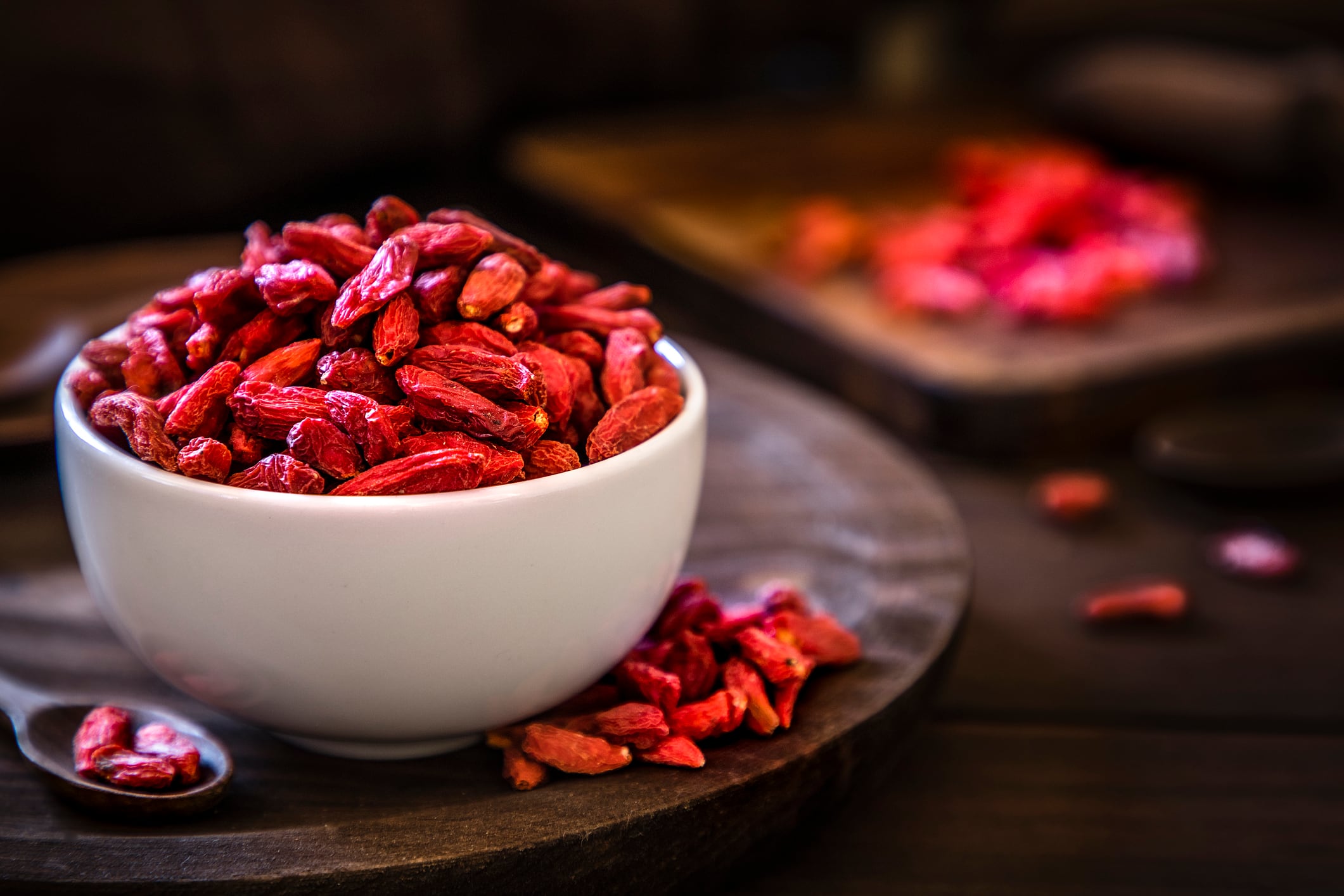The recent research is part of the AREDS2 (Age Related Eye Disease Study). The study used a supplement formula that contained 500 mg of vitamin C, 400 IU of vitamin E as well as 10 mg of lutein and 2 mg of zeaxanthin.The formula also included zinc and copper. The AREDS2 trial also included omega-3 fatty acids as part of the intervention protocol.
The AREDS2 trial began in 2006 and ran for five years. More than 4,000 subjects participated through more than 80 trial sites.
One of many studies using AREDS2 data
In concord with other large scale research efforts that have given rise to big data sets such as NHANES, AREDS2 has spawned a plethora of subsidiary research. The present study, which was published in the journal Ophthalmology Retina, was the 29th report that has arisen from that trial. The study was the work of researchers from the National Eye Institute at the National Institutes of Health in Bethesda, Maryland and the University of Wisconsin School of Medicine and Public Health. The research was partially funded by NIH’s Office of Dietary Supplements among other funding sources.
The study looked at a subset of the AREDS2 population, specifically those suffering from age-related macular degeneration (AMD). The researchers delved into how diet affected the progression of a component of AMD called geographic atrophy (GA), a chronic progressive degeneration of the macula.
Diet data obtained that pertained to 1,155 eyes
Of the large AREDS2 population the researchers culled data for a smaller subset of 1,155 eyes housed within 850 subjects that exhibited evidence of GA on two or more consecutive visits. The mean age of the participants was about 75 years.
By looking into the results of food questionnaires, the authors could get a good idea to what degree the original study participants adhered to the precepts of a Mediterranean diet. This is usually defined as a diet high in fruits, vegetables, whole grains and fish, and lower in red meat and saturated fats. Polyphenols are often mentioned as important micronutrients supplied in greater abundance in this form of diet as compared to the typical Western diet. The index the researchers used is referred to as the Alternative Mediterranean Diet Index (aMedi). It divides the diet up into nine components (vegetables, fruit and nuts, legumes, dairy, oils, cereals and grains, meats, fish, and alcohol) and is expressed as a numerical score.
GA is a progressive destruction of retinal tissue and at this point is untreatable with any pharmaceutical intervention. The best eye care professionals can hope to do is to slow the growth of the lesions.
Highest diet tertile had best effect on GA progression
The researchers divided the subjects into aMedi tertiles, with the highest tertile experiencing a significantly slower GA progression. The speed of GA progression increased in a roughly linear fashion across the two lower tertiles.
The researchers were also able to cross reference their results based on the specific facets of the Mediterranean diet. The strongest association between slower GA growth and dietary component was for whole fruit consumption, which could admit a role for polyphenols in this regard, possibly for their ability to quell systemic inflammation. Fruit is also a source of carotenoids, which are already established as important eye health ingredients, but which were also being supplied as part of the AREDS2 test supplement formula itself.
Other strong associations were found for lower red meat consumption, moderate alcohol consumption, and a higher intake of monounsaturated fatty acids compared to saturated fatty acids.
Interestingly, no association was found with slower GA progression and higher consumption of fish. Another intriguing finding was that the components of the Mediterranean diet that seem to slow the progression of GA are slightly different from those that are associated with a lower risk of developing GA in the first place, which leaves the door open for further research to delve deeper into mechanisms of action.
“In conclusion, a Mediterranean diet pattern was associated with slower GA enlargement. Higher whole fruit, lower red meat, and higher MUFA: SFA intakes made the largest contributions to this association. Over long time periods, diet patterns like this might lead to clinically meaningful delays in vision loss. In the absence of other highly effective treatment strategies, dietary modification might therefore represent an important approach to delay disease progression in affected patients,” the researchers concluded.
Source: Ophthalmology Retina
doi: 10.1016/j.oret.2022.03.022. Online ahead of print.
Adherence to a Mediterranean Diet and Geographic Atrophy Enlargement Rate: Age-Related Eye Disease Study 2 Report 29
Authors: Agrón E, Mares J, Chew EY, Keenan TDL




